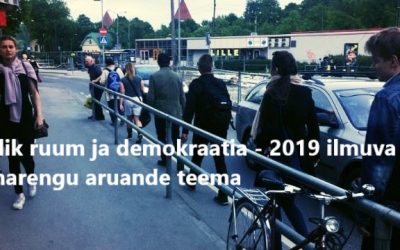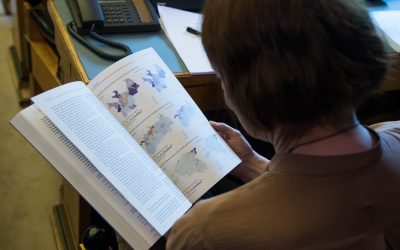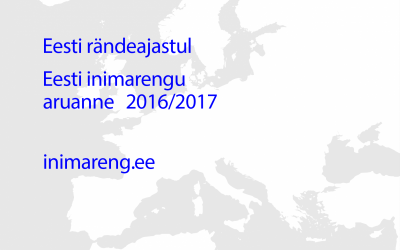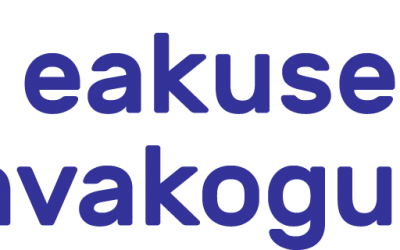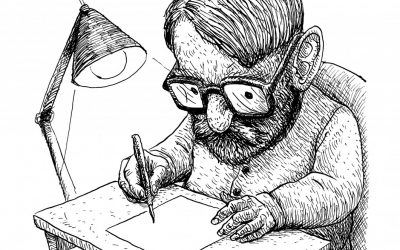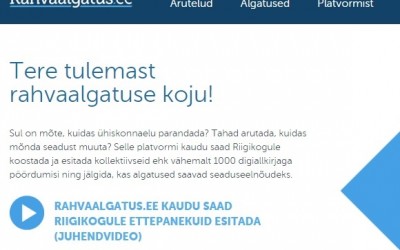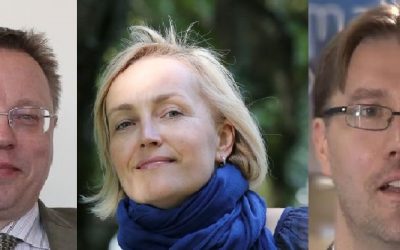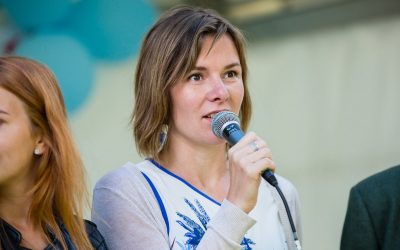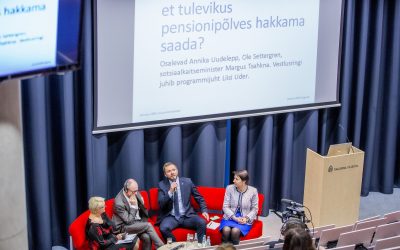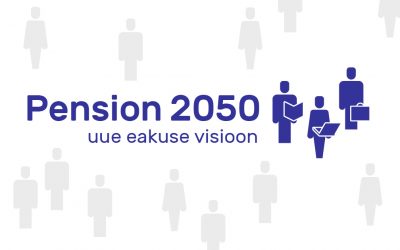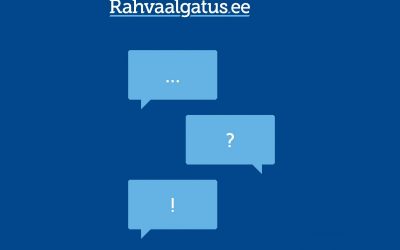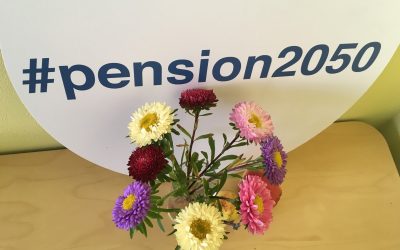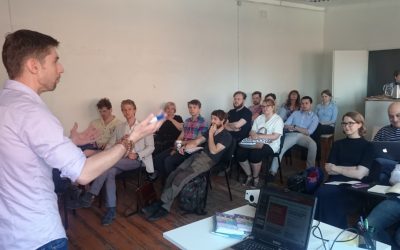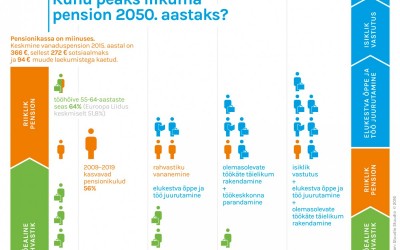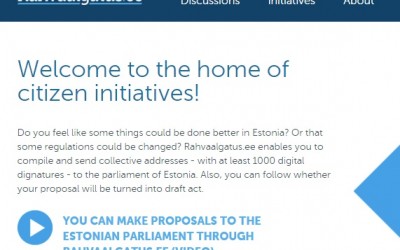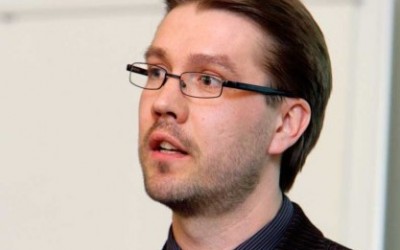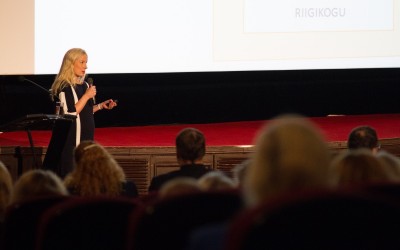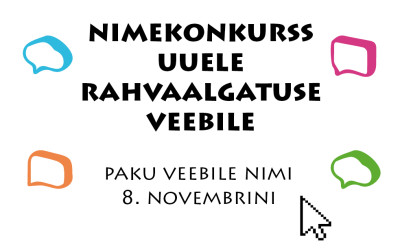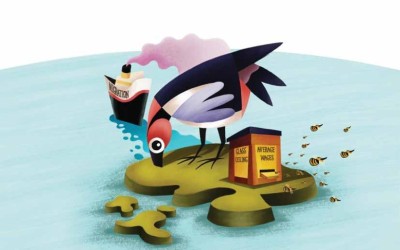Estonian Human Development Report 2019/2020 is now available in English
Estonian Human Development Report 2018/2019 focuses on democracy and public space
ERR News: Estonia unable to maintain population size without immigration
Human Development Report: Estonia’s challenge is to maintain its population and a better-related society
The people´s assembly and vision of future aging
#SELFIE2050, or a deliberately planned retirement
Is it an illusion? A participatory website allows ordinary people to participate in state government
Тiit Tammaru, Kristina Kallas, Raul Eamets: the Future of the Estonian Nation State
New year activities of Assembly of Cooperation
Teele Pehk introducing People’s Assembly and rahvaalgatus.ee at the conference “Innovating Democracy” in Amsterdam
The Pension 2050 vision conference introduced the concept of the “new old age”
The Pension 2050 vision conference will focus on the role of both the state and individual in shaping the old age of the future
Invite the Citizen Initiative Portal to visit you!
Pension 2050 programme first half-year is over
Summary of the Open Governance workshop (31.5 and 1.06.2016)
Introducing the team of Estonian Human Development Report
Liisi Uder: It’s time to wake up and change our pension expectations
Rahvaalgatus.ee, a website that enables to collectively address the Estonian parliament ‘Riigikogu’ is launched!
Professor Tiit Tammaru is Editor in Chief of the Global Estonianism themed Estonian Human Development Report
Conclusions of the Plan for Good Governance: the topic is discussed, but there are not enough real changes
The new citizen initiative portal will be called rahvaalgatus.ee
Human Development Report 2014/2015 is available in English
25% feel excluded: Estonian Human Development Report
Ilves presents compilation of his speeches in Russian
Baltic Course
President of Estonia Toomas Hendrik Ilves presented a book “Räägib Riigipea” (Govorit glava gosudarstva/The Head of State Speaking) in Tallinn Central Russian Gymnasium, which collates a selection of speeches given by the Head of State from 2006 to 2012, and a longer interview especially given for this book, the Estonian government’s and state chancellery’s press service said in a statement, cites LETA.
According to President Ilves, he primarily sees this book as a communication device and opportunity to explain his ideas and positions, more substantially, to the section of the population of Estonia who see their relations with the Republic of Estonia as both a source of joy and expectation and of problems and dissatisfaction.
“I hope that this book will help readers to understand the choices that Estonia has made over the last number of decades,” told the President. “I do not assume that every reader will agree with everything that’s been said or written. However, I hope that these speeches and interview will provide the foundation for peaceful dialogue.”
Students of the Russian schools of Tallinn also took part in the development of the book by last year sending questions for the interview with the President. The full original interview is available in Estonian at the website of the President of the Republic and also at the website of the Foundation Estonian Co-operation Assembly.
Compilations of speeches by President Ilves have previously been published as books in Estonian, Hungarian, Latvian and Finnish. “Now that a book of speeches has been published in Russian, the thoughts and ideas of the Estonian Head of State will be available to interested parties among our largest kin and neighbouring people,” told Olari Koppel, CEO of the Foundation Estonian Co-operation Assembly that published the book; Olari Koppel also compiled the book and conducted the included interview.
According to Koppel, this book could also be seen as an effort towards education and integration. To this end, the Estonian Co-operation Assembly has sent the book to the libraries of Russian schools; the book will also be distributed, with help from the Ministry of Culture, to the cultural societies of minorities.
Publication of the book was supported by the Ministry of Cultural Affairs; its circulation is 600 copies and, from today, the book can also be purchased from bookstores.
Foundation Estonian Co-operation Assembly is a co-operation network for non-governmental organisations that publishes the traditional Human Development Report, co-ordinates the work of the People’s Assembly and involvement process of the new educational strategy and is currently developing the governance programme.
The political statement of President Toomas Hendrik Ilves at the Riigikogu
President asks parliament to take People’s Assembly proposals seriously
People’s Assembly supports introducing popular initiative into law
People’s Assembly Results: Lower Election Threshold, But ‘No’ to Direct Presidential Elections
‘People’s Assembly’ to Hold Day of Deliberation Saturday
Interim Report on People’s Assembly to Be Released
Organizer Happy with Quality of Proposals in People’s Assembly
People’s Assembly Seeks 500 to Debate Proposals
The People’s Assembly, a website championed by the Estonian president that is collecting ideas to fix controversial laws, mainly on the electoral system and political parties, has begun the process of finding 500 people to debate and decide on proposals for reforms.
The initiative spent the month of January gathering proposals. In February analysts will filter through the most critical of them, followed by debates by the chosen 500 in March. The final goal is to present them for review to Parliament.
Urmo Kübar, the director of the Network of Estonian Nonprofit Organizations, told Postimees that he would prefer that the 500 are chosen from all over Estonia – representing different ages, nationalities and social backgrounds.
He said this solution would require a large budget, in order to hire a research company, rent rooms, and provide transport and catering for 500 people.
An alternative would be to select people from those who have added proposals or comments on the website, in addition to various experts, such as NGOs, academics, political parties and the media.
As of Monday afternoon, the site had received 356 proposals for reforming electoral laws, 145 regarding party financing, 113 connected to participation in politics, 82 on internal democracy in political parties and 42 on the politicization of public offices. Another 386 proposals were categorized as miscellaneous.
The idea for the website was proposed by President Toomas Hendrik Ilves last November during a meeting he called with decision makers in light of widespread criticism of the government.
Original: https://news.err.ee/politics/2cefa19d-060d-460d-81dd-ecd6532ae7b8
